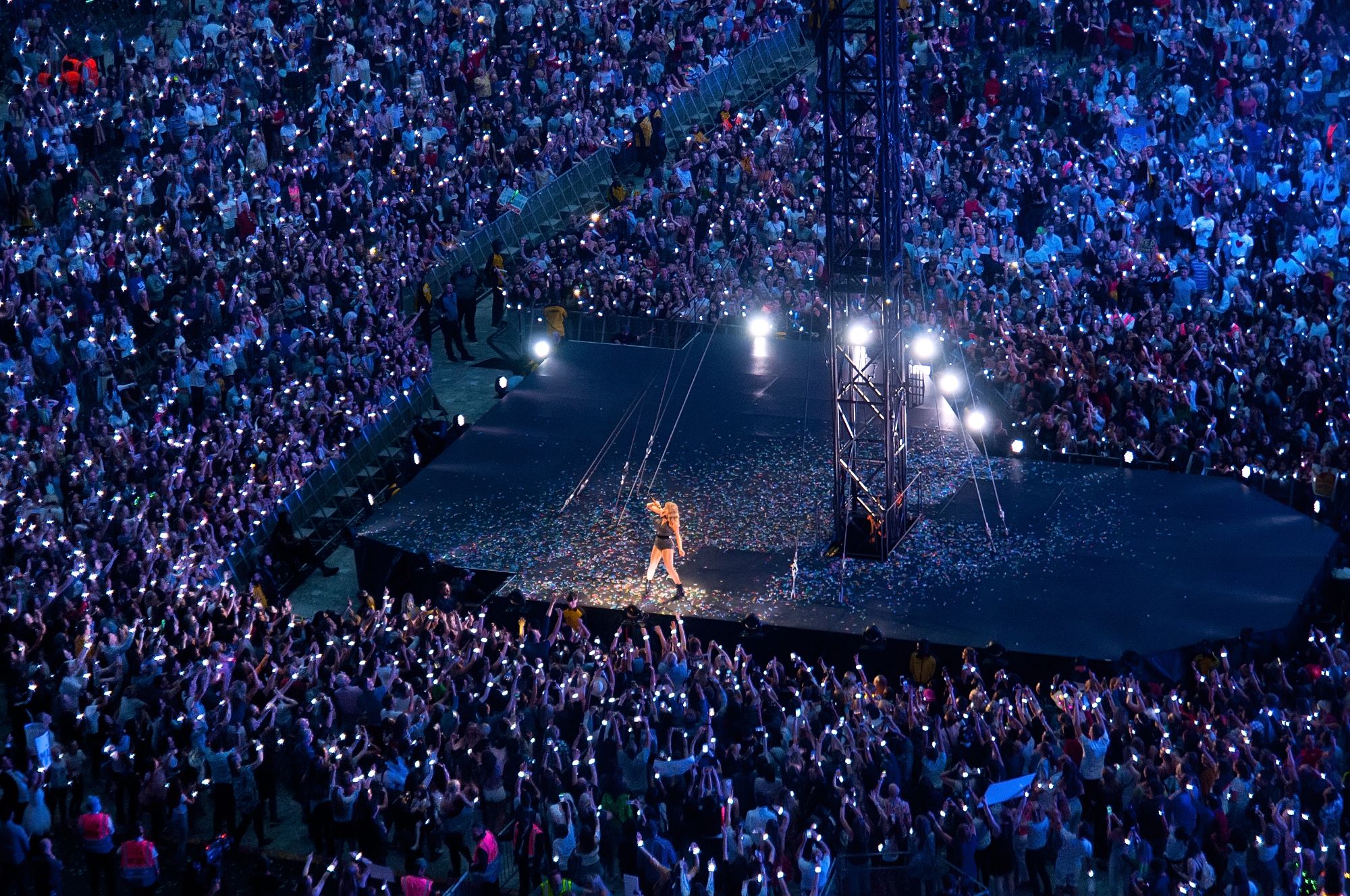Taylor Swift and ‘Barbie’ are helping the economy

When we think of economic indicators, our minds typically go to the state of the housing market, inflation or unemployment rates. Nevertheless, as of late, there have been some surprising economic drivers originating from unexpected sources.
To understand this sensation, look no further than Taylor Swift’s “Eras” tour and the “Barbie” movie. The blowout success of Swift’s tour combined with the record-setting box office success of the “Barbie” movie is showing up in microeconomic aggregates.
The Federal Reserve’s historic rate hikes haven’t brought on a recession yet. Right now, we’re sitting in what’s known as a “Goldilocks economy,” where it’s not too hot and not too cold. Currently, it looks like consumers are prioritizing experiences and entertainment over buying things.
That’s evident when looking at Swift’s tour, which is estimated to generate $4.6 billion in consumer spending in the United States alone1. Fans of Swift are spending money on hotel rooms, merchandise and dining out at restaurants. Some fans are dolling out money for custom outfits, manicures and hairstyles. Businesses are also creating special Swift-themed items for fans to buy.
Fans are even visiting local museums, which led to The Country Music Hall of Fame having the best month in its 65-year history. The museum sold 114,000 tickets the month Swift had her Nashville concert2.
When Swift came to Cincinnati, spending related to Swift’s tour reached an estimated $48 million2.
Turning to the silver screen, the “Barbie” film grossed $162 million in its opening weekend, making it the biggest movie of the year so far. Shares of Mattel, the maker of Barbie, soared 33% in the lead-up to the film’s release3.
The economic success of these two events points to some key facts, the most important being that Americans are still spending money. Even further, women, who make up the majority of people buying “Barbie” and Taylor Swift concert tickets, are also doing well right now.
Coming out of the pandemic, the interest in these events shows the pent-up demand for concerts and social experiences people have been craving. While these events may be short-lived, the economic impact will be major in terms of sales and tax revenues that result from it.
1: Fortune, June 7, 2023, “Taylor Swift isn’t just an entertainment giant. Her sold-out tour is supercharging local economies too”
2: Wall Street Journal, July 23, 2023, “It’s Taylor Swift’s Economy, and We’re All Living in It”
3: Fortune, July 25, 2023, “Mattel’s shares have soared 33% in the run up to ‘Barbie.’ But the doll’s new Hollywood stardom isn’t expected to lift the company’s sales until later this year”


 Virteom
Virteom